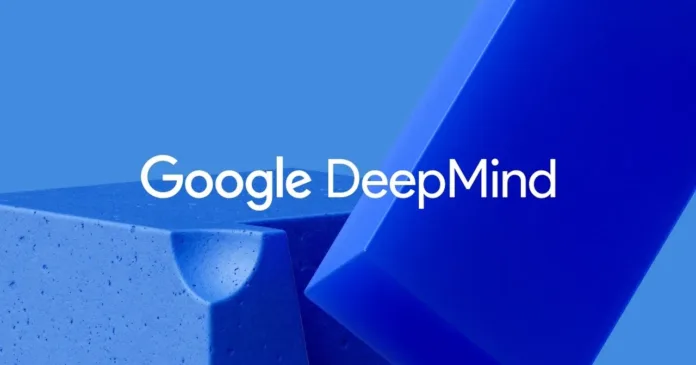Table of Contents
Squaredtech is excited to bring insight into Google DeepMind’s latest research project, CodeMender, an artificial intelligence agent that promises to revolutionize software security. CodeMender is designed to automatically detect, patch, and rewrite vulnerable software code. It addresses critical security problems by removing flaws before attackers can exploit them.
What Is CodeMender and How It Changes Software Security
The project builds on DeepMind’s earlier AI ventures like Big Sleep and OSS-Fuzz, combining powerful AI models such as Gemini Deep Think with advanced software analysis tools. This combination enables CodeMender to examine massive codebases, identify complex security weaknesses, and fix them autonomously.
Though still in research, CodeMender has already submitted more than 70 security patches to open-source projects. These contributions cover over 4.5 million lines of code, demonstrating AI’s growing role in maintaining software safety.
Read More About Our Article of Google AI Futures Fund Backs Startups Building with DeepMind Tech Published on May 13th, 2025 SquaredTech
CodeMender’s approach helps developers concentrate on building quality software. Instead of spending vast amounts of time hunting down and fixing difficult vulnerabilities, developers can trust this AI agent to provide high-quality, thoroughly tested patches. Squaredtech considers this an important step in managing the risks of modern software development, where codebases are huge and finding all flaws manually is nearly impossible.
How CodeMender Detects and Fixes Vulnerabilities
CodeMender blends multiple technical methods to work effectively. It uses static analysis to examine the structure of source code and dynamic analysis to observe how code behaves during execution. This dual approach helps detect suspicious or unsafe behavior that may introduce vulnerabilities.
Fuzzing is another key technique CodeMender applies. It tests software with random inputs to uncover unexpected crashes or security holes. Symbolic reasoning complements these methods by helping the AI agent understand the logical paths code might take and spot areas subject to attack.
What sets CodeMender apart is an integrated “LLM judge,” a large language model responsible for verifying the correctness and safety of its own code changes. This AI judge assesses if the patched code still functions as intended without introducing errors or poor coding style. If flaws appear during validation, CodeMender automatically self-corrects before producing the final patch.
An example of CodeMender’s real-world success is its work with the libwebp image compression library. This library was targeted in a high-profile zero-click iOS attack in 2023 involving buffer overflow vulnerabilities. CodeMender added “-fbounds-safety” annotations to this library, permanently preventing similar buffer overflow exploits. According to DeepMind researchers, this patch makes those types of vulnerabilities “unexploitable forever.”
The finalized patches undergo human review before submission to ensure safety and quality. DeepMind stresses that human researchers verify every change. This collaboration of AI and humans maintains trust in automated security work.
The Broader Impact of CodeMender on Software Development and Security
If released to the wider public, CodeMender would represent a major shift in vulnerability management. Current methods like traditional static analysis or manual fuzzing detect vulnerabilities but still require experts to confirm issues and craft fixes. CodeMender moves beyond by combining detection with automatic remediation.
Large-scale codebases continue to grow as modern applications become more complex and intertwined. This growth challenges security teams to keep software safe. Squaredtech believes CodeMender’s AI-driven, semi-autonomous approach could become essential as manual efforts alone are insufficient.
DeepMind plans to expand collaboration with open-source maintainers and aims to make CodeMender available as a tool accessible to all software developers. They intend to publish technical documentation detailing the agent’s architecture and validation processes.
By automating not only the identification of vulnerabilities but also the creation and testing of patches, CodeMender reduces the burden on developers and speeds up security improvements. This could lead to faster patch deployment and improved protection against cyberattacks.
Squaredtech will follow CodeMender’s progress carefully, recognizing this innovation as a possible turning point for software security. The balance between AI assistance and human oversight is key to safely advancing automation in this critical field.
Squaredtech encourages all developers and security professionals to watch the evolving role of AI in software protection. Tools like CodeMender show how artificial intelligence can partner with programmers to improve software safety and reduce vulnerabilities efficiently.
Stay Updated: Artificial Intelligence


